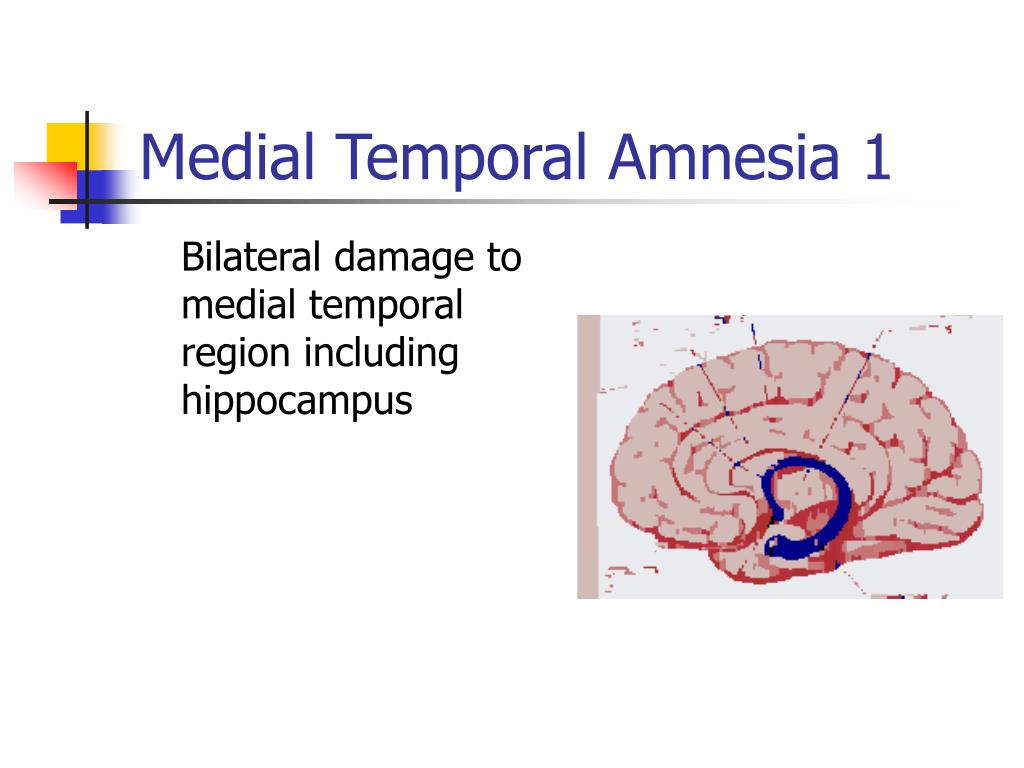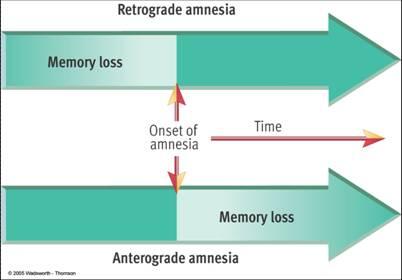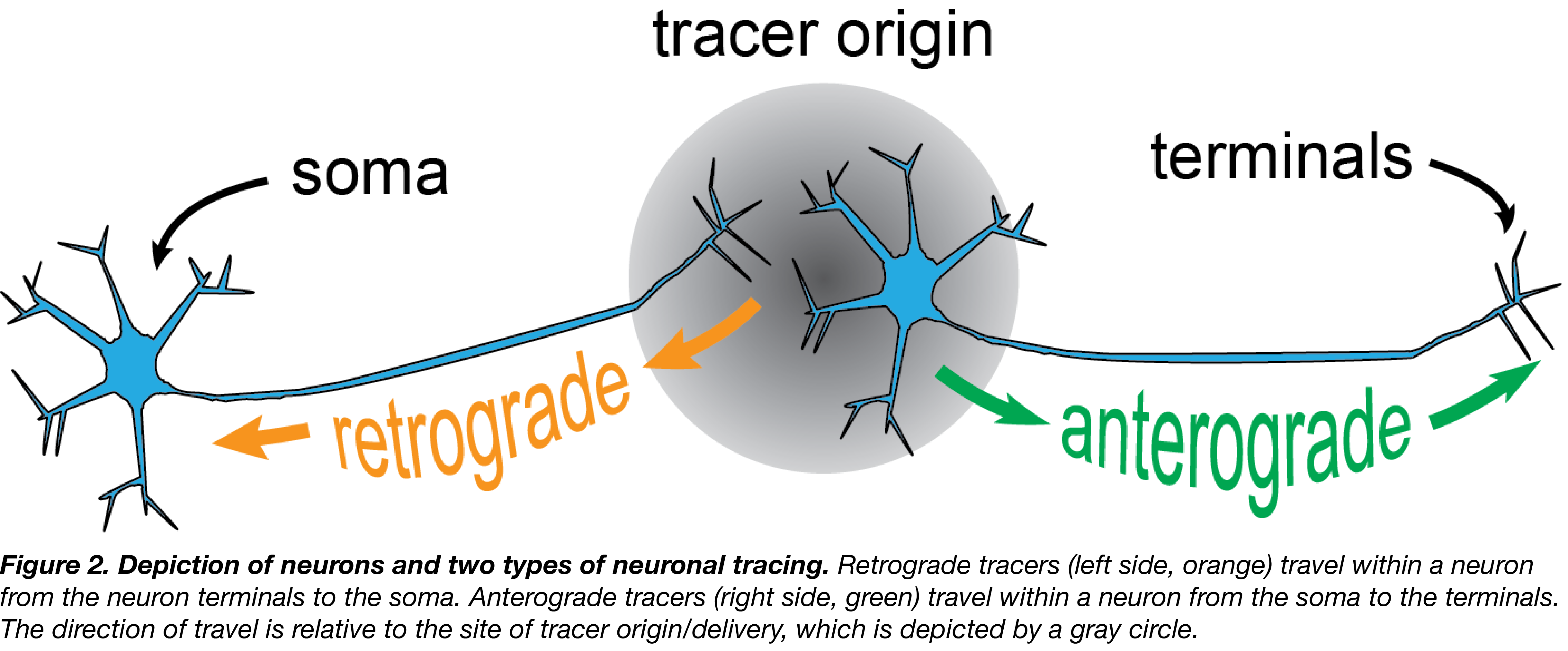

Other memory aids include notebooks, wall calendars and photographs of people and places. Some people also use electronic organizers for daily activities, such as the ones integrated into smartphones or handheld devices. It involves learning new information to replace what was lost or use memories as a basis for taking in new information and memory training.

It helps people learn new things and adjust to a new lifestyle. Occupational therapy: This treatment is suitable for persistent amnesia symptoms.Sleep schedule: Go to bed at the same time and wake up at the same time, making sure to get an adequate eight hours of sleep each night.Otherwise, no specific measures can hasten recovery or improve the outcome. Drugs: Cholinergic drugs (e.g., donepezil) may improve memory slightly and temporarily in a few patients these drugs are often tried in dementia as well.Meditation: Practicing mindfulness and breathing exercises can help the nervous system function properly.The following treatments and preventative measures are currently used in the fight against amnesia symptoms: Treatment of amnesia depends on the underlying causes. If they are destroyed, it can be much more difficult to develop new memories. If the structures that hold memories are permanently shut down, it may be temporary. The diagnosis and reason for getting amnesia will determine how long the symptoms will last. However, permanent injury to the brain tends to cause amnesia to exist longer or be permanent. Short-lived loss of blood flow, limited epileptic seizures, and psychogenic amnesia tend to be temporary. Retrograde amnesia may resolve in less than 24 hours or may persist for a lifetime depending on the cause. During cardiac arrest, people cease breathing that can cut off oxygen to the brain. Cardiac arrest: Individuals who undergo cardiac arrest are particularly susceptible to retrograde amnesia.Unfortunately, there is currently no cure for this affliction. Mild forgetfulness seems harmless, but with Alzheimer's, it progressively escalates to the inability to remember all kinds of facts and information. Alzheimer's disease often occurs gradually. Alzheimer's disease: It is another common cause of retrograde amnesia.It can also be due to cerebrovascular accidents, stroke or head injury.Electroconvulsive therapy, commonly known as shock therapy.

Infections (brain abscess, meningitis, encephalitis).Depending on the cause of retrograde amnesia, the afflicted person may or may not be able to develop new memories and relearn certain skills.Īt times, it can be difficult to track the exact cause of person's retrograde amnesia. However, the patient may still recall certain skills, such as driving, bike riding or playing an instrument. The only specific symptom of retrograde amnesia is forgetting past events as opposed to new ones.Forgetting people, locations, information and faces that were learned before the incident, which prompted the amnesia.Majority of people remember memories from their childhood and adolescence. Older memories are more likely to be retained.

Having retrograde amnesia means that patient has lost the ability to recall events that happened just before the onset of amnesia. In most cases, afflicted individuals generally lose recollection of their most recent memories. Having retrograde amnesia means that patient has lost the ability to recall events that happened just before the onset of amnesia.


 0 kommentar(er)
0 kommentar(er)
